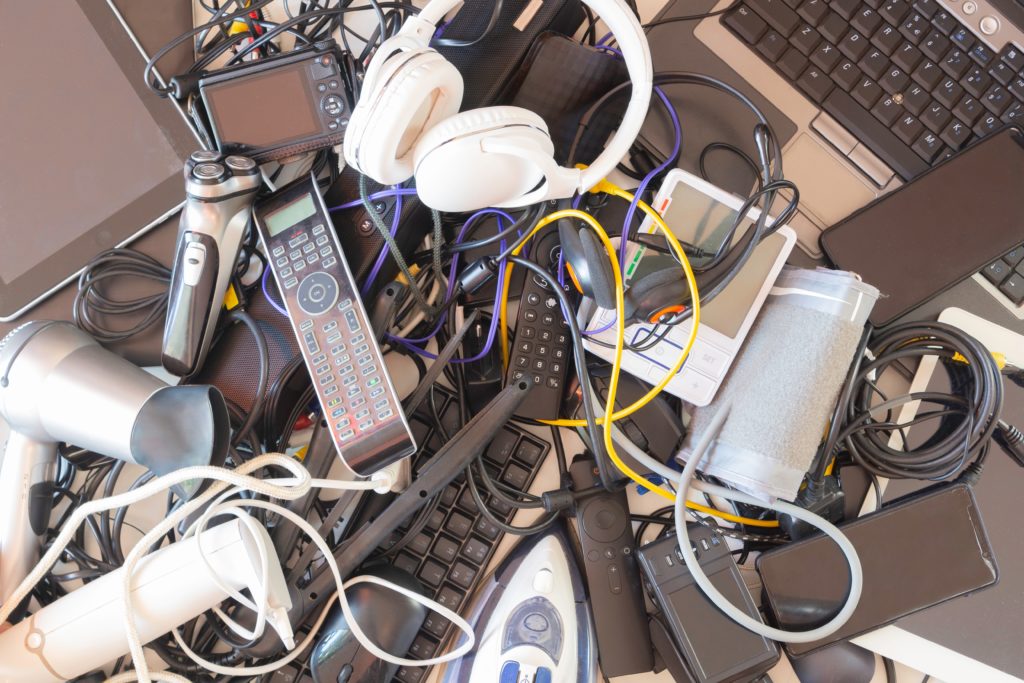The announcement comes amidst growing concerns over the environmental consequences of electronic waste, with e-waste being one of the fastest-growing waste streams globally.
These targets, mandated by the Waste Electrical and Electronic Equipment Regulations 2013, aim to ensure responsible disposal and recycling of electronic products across various categories.
The Waste Electrical and Electronic Equipment Regulations 2013 mandate the responsible disposal and recycling of electronic waste in the UK, aiming to mitigate the environmental impact of electronic products and promote sustainable waste management practices.
The total household WEEE collection target for 2024 has been set at 482,335 tonnes, representing an increase of 2% from the previous year’s collections. This increase reflects the government’s commitment to managing electronic waste effectively and sustainably.
Targets
Under the new targets, specific collection goals have been established for various categories of electronic equipment. These targets include:
- Large Household Appliances (LHA): A target of 159,273 tonnes has been set, maintaining the collection level of the previous year due to consistent scrap metal prices and steady collection rates.
- Small Mixed WEEE (SMW): With a target of 137,185 tonnes, the government aims to capitalize on ongoing communication campaigns and consumer take-back schemes to encourage increased recycling of small electronic devices.
- IT and Telecoms Equipment: A target of 41,415 tonnes has been set for this category, reflecting a 4.6% increase from 2023, driven by advancements in technology and increased electronic device usage.
- Display Equipment: Setting a target of 46,239 tonnes, the government aims to address the growing trend of display equipment disposal, adjusting targets to reflect higher volumes stored in 2023 for 2024 targets.
‘Pleased’
Phil Conran, chairman of the AATF Forum, was generally pleased with the revised targets. He said: “We had strong concerns that the targets would again be set with little ambition for growth. But Defra has clearly listened to these concerns and taken account of the over-collection issues faced at the end of last year and although we feel that more ambition could have been applied, we recognise that Defra has a difficult path to tread.”
As the country moves forward with targets, stakeholders across industries, including producers, retailers and consumers, are expected to play a crucial role in achieving these goals and fostering a more sustainable approach to electronic waste management.










Subscribe for free